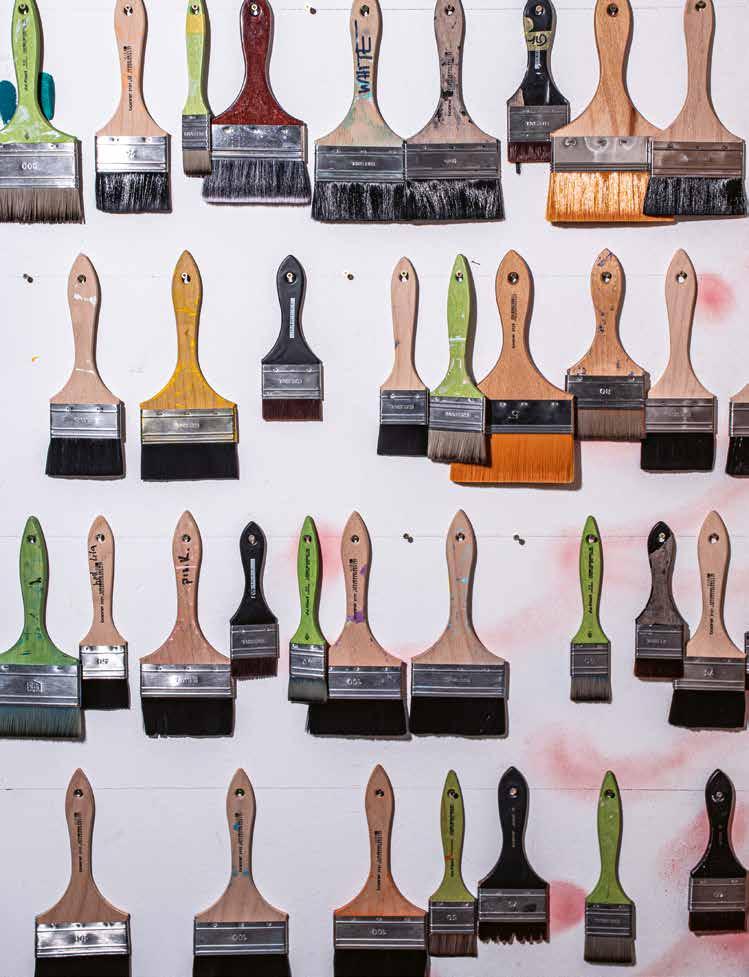









Jean-Ulrick Désert, how would you describe life as an artist living in Berlin?
Life as an artist in Berlin can easily become the thing of clichés. For me, as a black Caribbean-born artist with an interest in social relevance outside a status quo marketplace, it has been at times full of pressure to make my case and be understood as having a point of view.
Anything else you want to say about Berlin / the Berlin art scene / the Berlin art business: Berlin has been key to my development as an artist; it has influenced the path of my work and art practice. It has taught me to be fussy about the right things and not to worry about being beautiful to the exclusion of relevance in our contemporary world. There is no singular art scene and by extension multiple art markets. Gatekeeping, like many things, can be insightful genius or unfortunate tragedy where the artist risks being a casualty. Art is about experiences initiated by the poetics of an artist—Haiku to epic essays on every political front. Berlin’s relevance is tied to a conversation it must sustain with its many sister cities, towns, villages globally.


Tim Eitel, how would you describe life as an artist living in Berlin?
As living in a collective bubble.
Tim Eitel, which expectations / hopes were fulfilled and which were not?
The longed-for free space was really there back then and allowed us, in utter naiveté, to set up a producers’ gallery (LIGA) and to get away with it. But the hope that the undertaking would be permanent proved to be unfounded.
How does Berlin influence your work?
My work is nourished by the everyday situations that I encounter here, the silhouettes of people wearing black, a geometrical pattern in a subway duct, the color combinations on an adver-
tising pillar, the perspective in KarlMarx-Allee…
What personifies the Berlin art scene for you? Understatement. Be sure not to show any ambition.
How to survive in Berlin? What mistakes should you not make? And what should you do? The best thing is to go to the right bars and meet people. But avoid being strategic. And don’t forget to go to your studio, because the work of art doesn’t come about on its own (unless you have assistants).











The description “poor but sexy” (Klaus Wowereit, mayor of Berlin from 2001–14) turns many of us above all into improvisation artists who—according to the motto “Fake it till you make it”—actually always put our faith in hope.










Shit is getting more expensive. Views are getting more polarized. But the crowd is still inspiring.













